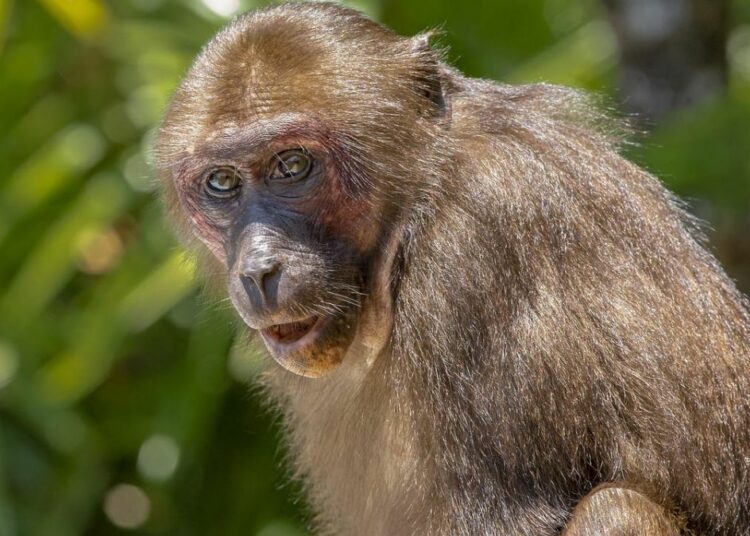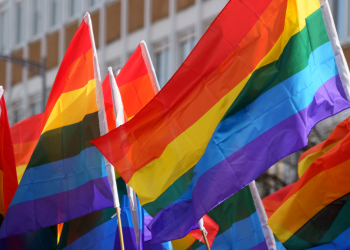“Monkey pox” or “rodent pox,” “gay disease” or “African disease.” The words are carried away by the wind, the substance is one: most of the infected are men who have sex with men.
“We will continue to work with the federal government to secure more vaccines, raise awareness about reducing risk, and stand with the LGBTQ community fighting stigmatization,” said California Governor Gavin Newsom.
Indeed, this beginning of the millennium does seem to be characterized by strange, unusual diseases that were not easily seen in our latitudes. This is precisely the case with monkeypox, which is endemic in Africa, especially in the Congo, and which was almost unknown in the rest of the world until recently. Shedding light on this infectious disease is a study published in the New England Journal of Medicine (NEJM) on July 21, authored by an international group of clinicians who detailed how it occurs and described the course through an analysis of 528 people.
Patients were studied in Europe, the Americas, the Western Pacific and Eastern Mediterranean regions for a total of 16 countries over a two-month period. The NEJM, launched in 1812, is now published by the Massachusetts Medical Society and is among the most important and widely circulated general medical periodicals, boasting one feature: its articles can be accessed for free by developing countries, an element that makes it a valuable source of updates.
From these very countries comes the virus in question. Fortunately, it is not a serious disease, although the number of deaths is climbing daily. It is the symptomatology that is important: rashes concentrated in the anal and genital area, fever, lymphadenopathy, pharyngitis, lethargy and exhaustion, muscle pain, depression, anal inflammation, and anorectal pain. Among the 528 people examined in the study, most were white (398), 509 were homosexual, 10 bisexual, and 9 heterosexual. About half are HIV positive, which also explains the increased receptivity to the virus.
Sexual contact, the NEJM continues, is the major vehicle of infection for 95 percent of cases. However, the authors point out, “Although the current epidemic disproportionately affects gay or bisexual men, and other men who have sex with men, monkey pox is not a ‘gay disease’ as much as it is an ‘African disease.’ It can affect anyone. We identified nine heterosexual males with monkey pox. We therefore urge vigilance when examining unusual acute rashes in any person, especially when they are combined with systemic symptoms, in order to avoid missed diagnoses in heterosexual persons.” In France the LBGT+ community is mobilizing and so are other parts of the world where the disease is becoming an emergency.
While the NEJM’s effort to avoid discrimination is appreciable, day after day it is becoming increasingly apparent that the disease in question affects a specific group of persons already affected by HIV and STDs. The facts are these, and as always, the talk is zero.




















Discussion about this post